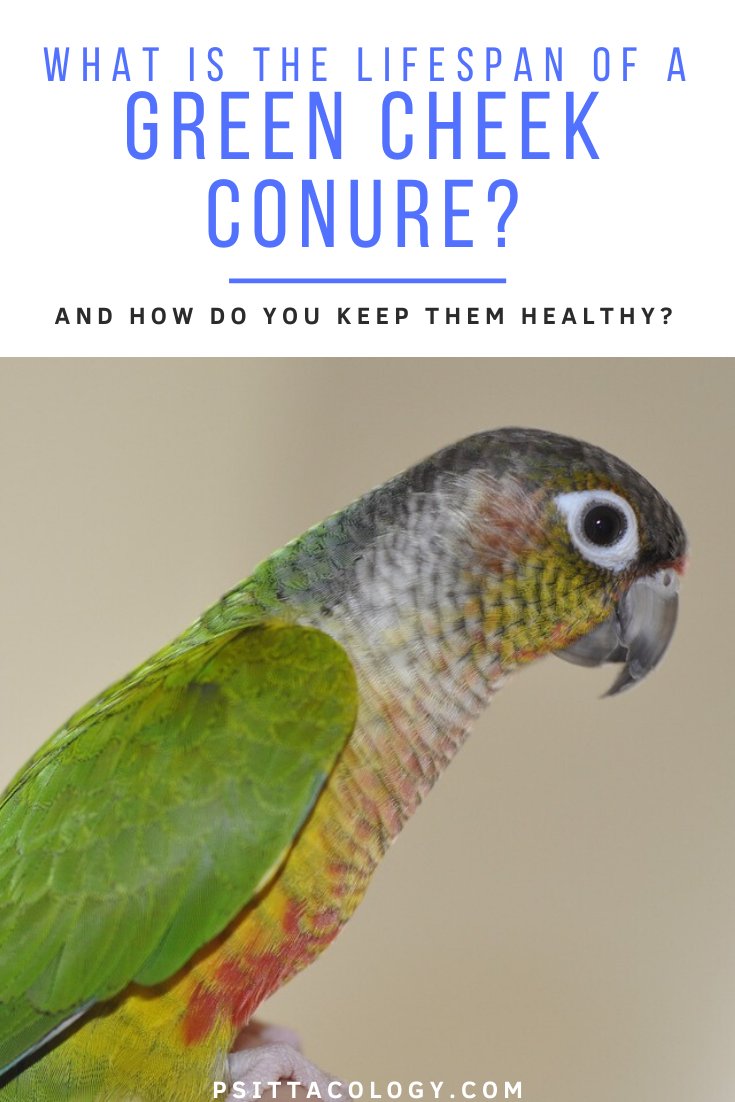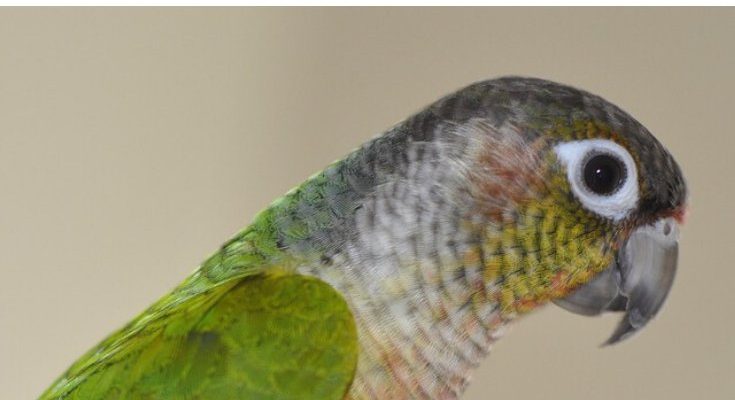
The lifespan of a conure can vary based on several factors, including their environment, diet, and healthcare. Most conures, if properly cared for, can live anywhere from 15 to 30 years in captivity! That’s a significant commitment, much like adopting a dog or cat. So, let’s dive deeper into what affects their longevity and how to ensure your feathered friend has a healthy, happy life.
Understanding Conures and Their Lifespan
Conures are a group of small to medium-sized parrots known for their playful nature and friendly demeanor. They belong to the family Psittacidae, which includes cockatoos and macaws. In the wild, their lifespan can be shorter, typically around 10 to 20 years, mainly due to predators and environmental challenges. However, in captivity, where they are sheltered from these dangers, conures often live significantly longer.
You might be wondering why there’s such a difference. In captivity, conures benefit from regular food supply, medical care, and a stable environment. These factors combine to create a healthy lifestyle that promotes a longer life. Different species of conures, such as the Sun Conure, Green-Cheeked Conure, and Blue-Crowned Conure, can also have varying lifespans due to their unique genetics and care requirements.
Factors That Influence Lifespan
Several key factors can affect how long your conure lives. Here’s a breakdown of the most significant ones:
- Diet: A balanced diet rich in fruits, vegetables, and high-quality pellets is crucial. Just like people, conures need the right nutrients to stay healthy.
- Social Interaction: Conures are social creatures. They thrive on interaction with their human companions or other birds. Lack of socialization can lead to stress, affecting their overall health.
- Healthcare: Regular vet check-ups are essential for spotting potential health issues early. A well-cared-for conure is generally a happy conure!
- Environment: A safe, clean, and stimulating environment supports their well-being. This includes having toys and enough space to move around.
If you make an effort to meet these needs, your conure will likely reward you with many years of joy and companionship.
What to Expect: Lifespan by Conure Species
Different species of conures have slightly different life expectancies. Here’s a quick look at some common types and their average lifespans:
| Species | Average Lifespan |
|---|---|
| Sun Conure | 15-30 years |
| Green-Cheeked Conure | 10-30 years |
| Blue-Crowned Conure | 15-25 years |
| Nanday Conure | 15-20 years |
As you can see, there’s quite a range. The Sun Conure is particularly known for its striking colors and lively behavior, and it’s also one of the longest-lived conures. On the other hand, the Green-Cheeked Conure is smaller and slightly less demanding but still has a lifespan that can greatly benefit from good care.
Creating a Healthy Environment
A well-kept environment is critical for your conure’s longevity. Make sure their cage is spacious enough for them to move around comfortably. It should also be placed in a location where they can interact with family members. Birds are social animals, and they don’t like being isolated.
Consider the following tips for creating an optimal living space:
- Clean regularly: This helps prevent diseases caused by droppings and uneaten food.
- Provide toys: Rotate toys to keep them engaged. Conures are curious and need stimulation.
- Safe materials: Ensure all materials in their cage, including perches and toys, are safe and non-toxic.
- Temperature control: Avoid placing their cage in drafty areas or direct sunlight, which can be harmful.
By focusing on these points, you can create a comforting environment that helps your conure thrive.
Importance of a Balanced Diet
Just like humans, what your conure eats can make a big difference in how long they live. A balanced diet is crucial for their overall health and can help prevent obesity and related illnesses.
Here’s what you should include in their diet:
- Pellets: A high-quality pellet can be the foundation of your conure’s diet. It’s designed to provide essential nutrients.
- Fruits and Vegetables: Fresh produce like apples, berries, carrots, and leafy greens should be added daily. These offer vitamins and hydration.
- Nuts and Seeds: While these can be given as treats, they should not make up a large part of their diet due to high-fat content.
- Water: Fresh, clean water should always be available. Proper hydration is vital for health.
By offering a varied and nutritious diet, you’re helping your conure stay healthy, which can lead to a longer life.
Regular Veterinary Care
Taking your conure for regular veterinary check-ups is one of the smartest things you can do as a pet owner. Many people think birds don’t need any vet care, but that’s a common misconception. Just like any other pet, conures can develop health issues that may not be visible at first glance.
Here are some tips for veterinary care:
- Choose an avian vet: Find a veterinarian who specializes in birds. They’ll have the knowledge to provide the best care.
- Annual check-ups: Schedule yearly examinations to catch any potential health problems early.
- Be observant: Pay attention to your conure’s behavior. Changes in singing, eating, or activity levels can indicate health issues.
Regular vet visits can go a long way in ensuring your feathered friend remains happy and healthy for years to come.
Bringing a conure into your life is a big commitment, but it can also be incredibly rewarding. With care, attention, and love, you can expect to enjoy many happy years together—often between 15 and 30 years, depending on the species. By understanding their needs—like a balanced diet, social interaction, and regular vet care—you can give your conure the best chance at a long, fulfilling life.
So, if you’re ready to welcome a colorful and chatty companion into your home, remember the importance of commitment. A conure isn’t just a pet; they become part of your family. With the right approach, you can look forward to laughter, fun, and friendship for many years. Enjoy the journey!

